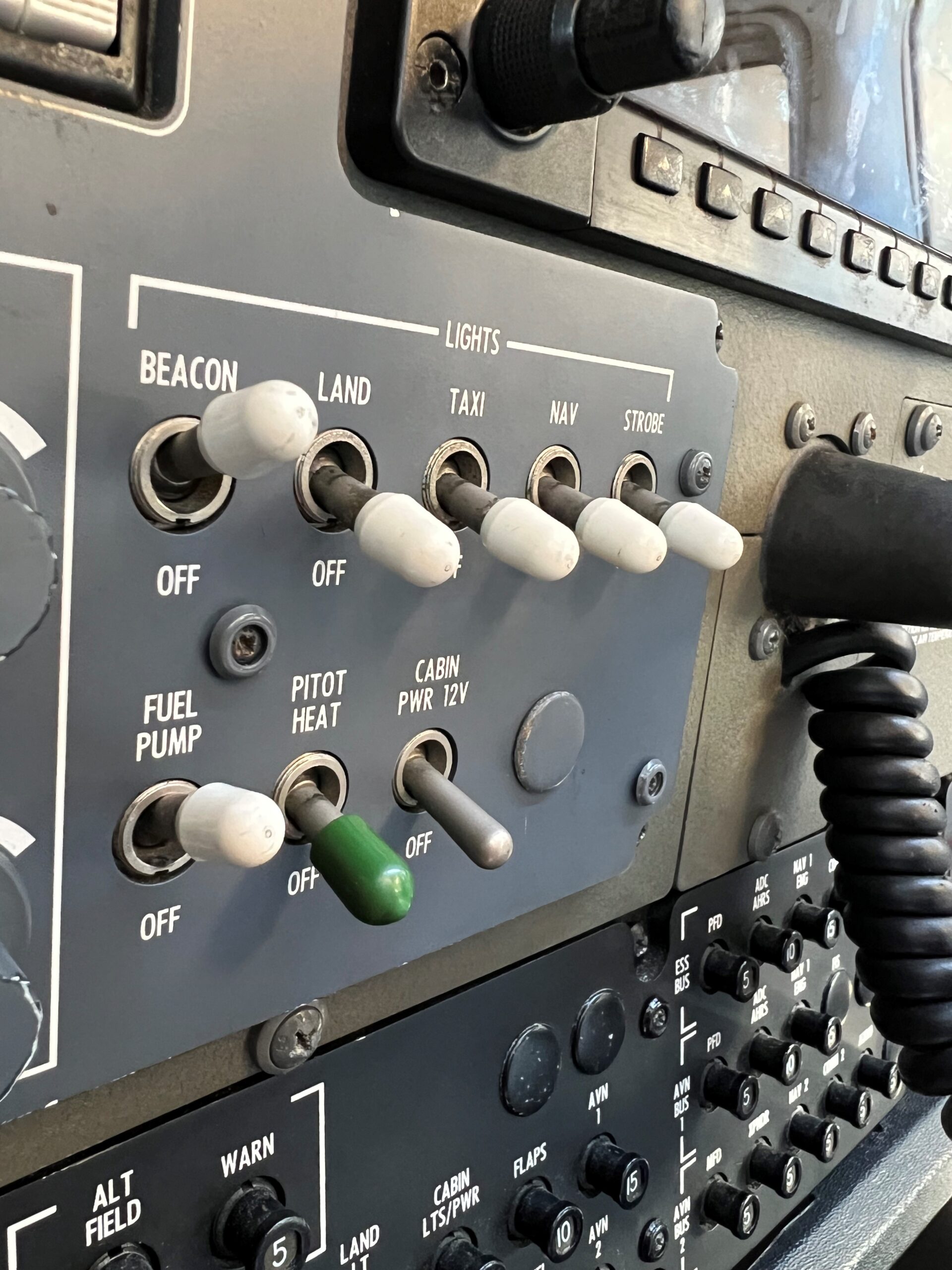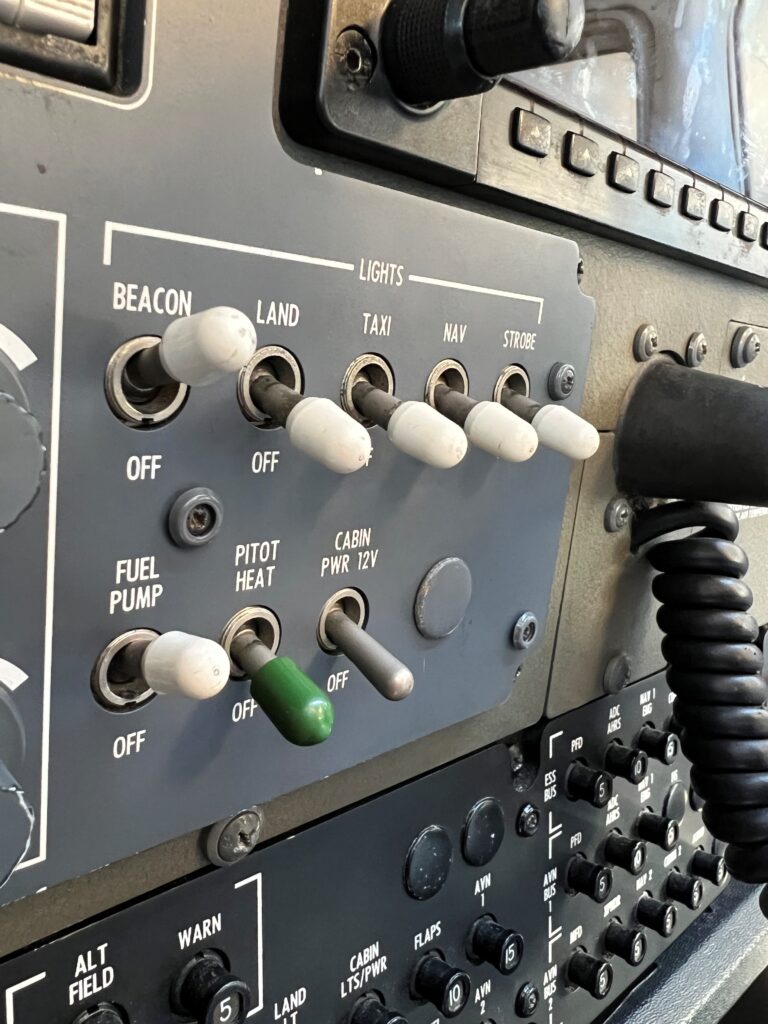
Winter is Coming
Striking the Right Balance in Colder, Denser Air

Winter is coming….. Consider the effect of the colder, denser air on aircraft engines to strike the right balance.
We talk about it every year, but as it pertains to most of the aircraft that we operate (with the notable exception of the Twinstars, which are a different beast with glow plugs and FADEC), we can boil things down to a couple of main points:
As the cold air is denser, the engine wants less of it in relation to the amount of fuel it’s getting. Really, you just want the throttle “cracked” open, and while you don’t typically want to make big throttle adjustments while trying to start, beginning with the throttle more closed than you think ¼”- ½” is and then opening just slightly as needed is more likely to find that sweet spot mixture of air and fuel than having it opened too far initially.
More prime! Most of the checklists suggest approximately 3 strokes of primer on carbureted engines, and 3 seconds or so of auxiliary pump for the fuel injected. We know in the summer and on hot/warm engines, we need less prime. Conversely, on cold engines – especially with cold ambient temperatures – we need more. On a typical cold day, a carbureted engine that is cold should start with 4-5 strokes of primer (assuming 3 or more cylinders are equipped with primer lines – which is our goal for our aircraft). Similarly, fuel injected you can run the aux pump for 4-5 seconds (count “one-one thousand” etc. if you don’t use a clock to help you get the amount right). Remember, as counter intuitive as it may seem at first, you’re more likely to flood the engine if you don’t prime enough the first time and keep adding more on subsequent start attempts.
If you don’t get it the first time, check for fuel leaking from the cowling between attempts. If you see it, then go to a flooded start. If not, try again with additional prime (if you first used 4 strokes, then try with 2 additional strokes after the failed attempt), but if it doesn’t catch then, it’s better to let it rest or ask for assistance than to run down the battery or create a fire hazard.